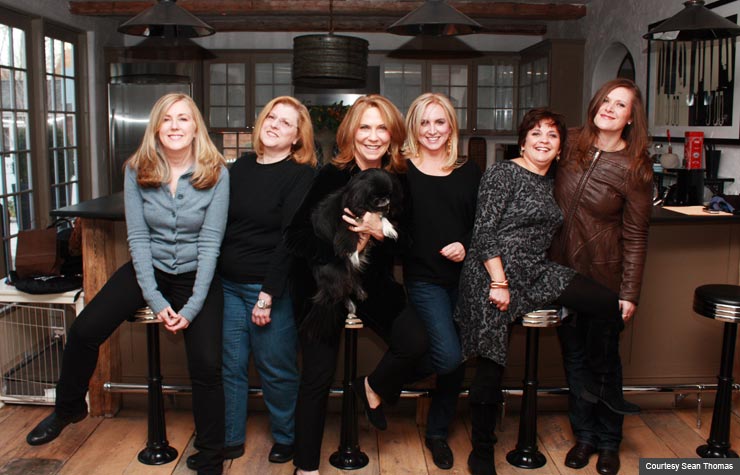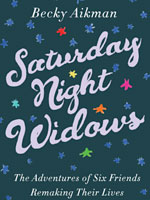AARP Hearing Center
Veteran Newsday reporter Becky Aikman got kicked out of her widows' support group. After losing Bernard Lefkowitz, her husband of 20 years, to a rare cancer at age 65 in 2004, the 49-year-old Aikman went looking for "constructive, helpful advice about moving forward in my life."
To her dismay, the leader of the support group she joined had a different idea: "He felt we should all sit around and focus on how sad we were." When Aikman demurred, the leader cut her loose: "Maybe you just don't fit in. Maybe you shouldn't come back."
"I was a wife without a husband," recalls Aikman, "and now I was a widow without a widows' support group."
So Aikman formed a six-woman group of her own — the Outlaw Widows, she called them — and convened them one Saturday a month to compare notes. They also undertook fun adventures designed to help them overcome loss: a spa visit, a cooking class, a museum tour, some lingerie shopping, even a trip to Morocco. How each woman fared in a year of get-togethers is detailed in Aikman's new memoir, Saturday Night Widows: The Adventures of Six Friends Remaking Their Lives.
Q: I was struck by the differing causes of the group's losses.
A: Yes — one husband in our group had died from an ATV accident. Another dropped dead [in his wife's presence] from a sudden heart attack. A third had committed suicide; his wife was the one to find him, and she chose to do the book because she wants others to recognize that depression is an illness like any other.




































































More on entertainment
Get 'Cozy' for a Good Read This Winter
Never hear of cozies? They're a crime fiction genre that's both tame and tantalizing